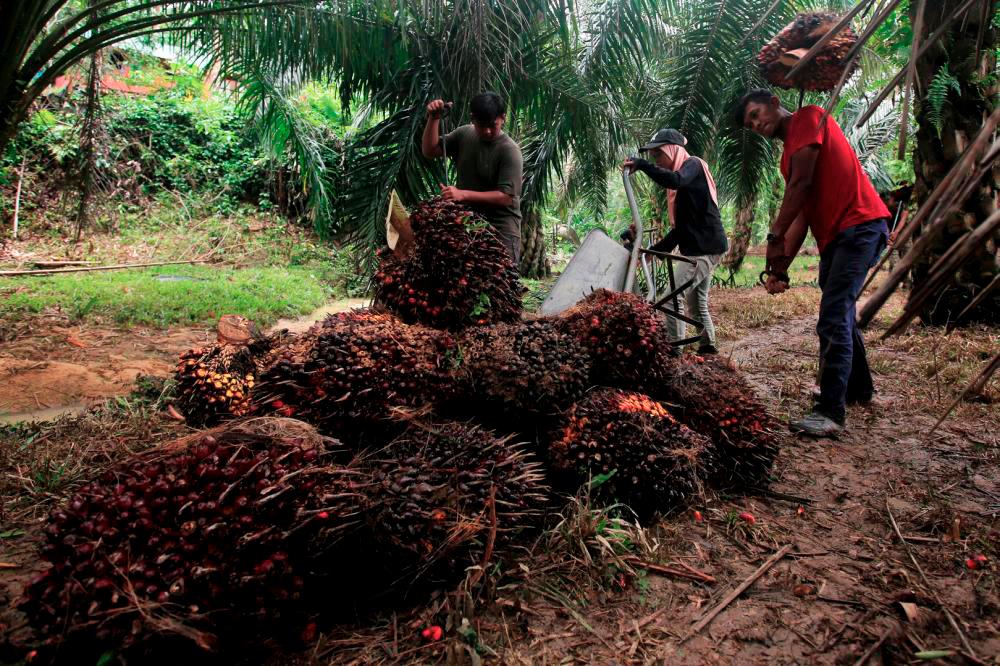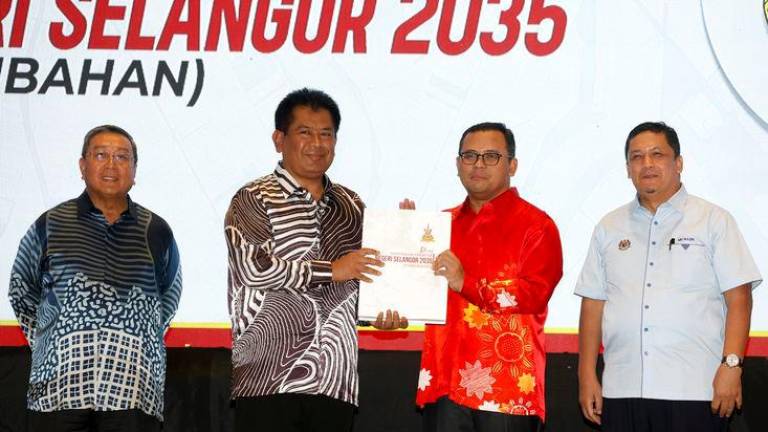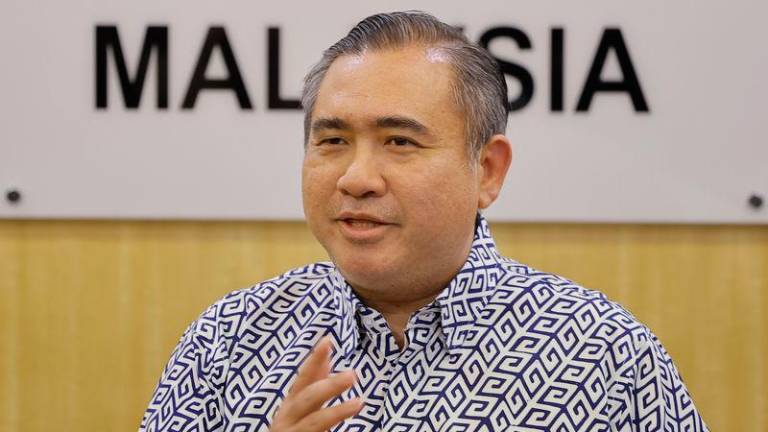FOR the local oil palm industry, things have never looked this rosy for a long time.
Crude palm oil (CPO) prices are at a five-year high, averaging at RM4,465 per metric ton (pmt) for the first quarter of this year, a 40% increase year-on-year (y-o-y) compared with RM3,185 pmt previously.
Russia’s invasion of Ukraine has also disrupted the supply of rapeseed and sunflower oil to Europe and the Americas.
As a result, these markets are looking at alternatives such as palm oil, which Malaysia is the second largest producer after Indonesia.
Indonesia’s pole position in exporting palm oil is also being challenged.
Its recent decision to ban export of the commodity to help meet domestic demand has allowed countries such as Malaysia to step up and meet the shortfall.
While Indonesia has rescinded the ban, partly due to the country’s heavy reliance on export tax of the commodity, the episode has left global markets in doubt about the country’s reliability in supplying the vegetable oil in the long run.
As it is, Malaysia has risen to the occasion. For example, India, the world’s largest importer of palm oil, has been upping its purchase from Malaysia.
In the first five months of the 2021/22 marketing year, India bought 1.47 million tonnes of Malaysian palm oil compared with 982,123 tonnes from Indonesia, data compiled by Solvent Extractors’ Association of India showed.
In May, India imported around 530,000 tonnes of palm oil with 290,000 from Malaysia and 240,000 from Indonesia.
To top it off, Plantation Industries and Commodities Minister Datuk Zuraida Kamaruddin recently revealed that her ministry is in talks with the Finance Ministry to slash the export tax for palm oil from 8% to between 4% and 6%.
This will certainly make Malaysia’s palm oil even more competitive and may even help the country regain the top spot in global palm oil production, which it previously held.
To her credit, Zuraida has done a lot to help promote Malaysia’s golden crop.
Recently, she was reported as saying her ministry would undertake aggressive efforts to counter the global smear campaign on our commodity under the “Palm Oil Full of Goodness” counter-campaign.
For decades, interest groups have systematically undermined palm oil through fake news and misinformation, and in the process allowed alternative vegetable oils such as rapeseed and sunflower to dominate, especially in the United States and Europe.
Kudos to Zuraida for having the courage to stand up to these powerful lobby groups.
The current edible oil shortfall globally and Indonesia’s policy flip-flops have allowed Malaysia to herald the return of the golden era for the country’s golden crop.
Local planters and oil palm producers are now smiling from ear-to-ear following the windfall, after a prolonged period of sluggish demand due to the Covid-19 pandemic.
But the industry should not rest on its laurels. After the war in Ukraine ends, the European markets may go back to prioritising rapeseed and sunflower oil. And the CPO’s current stratospheric prices will not hold forever.
The industry should take this opportunity to restrategise and make palm oil a more viable product in the long run.
The main problem for planters now is the lack of manpower, which needs to be urgently addressed. Zuraida has rightly pointed out that automation and modernisation is the way to go.
For example, drones can help detect unhealthy trees, spray pesticides, monitor yields and conduct weed detection faster and more accurately than manual labour.
Malaysia’s palm oil industry is enjoying a tailwind now. The industry should take advantage of the favourable conditions and make itself more sustainable in the long run.
Abdul Razak Ahmad
Shah Alam










